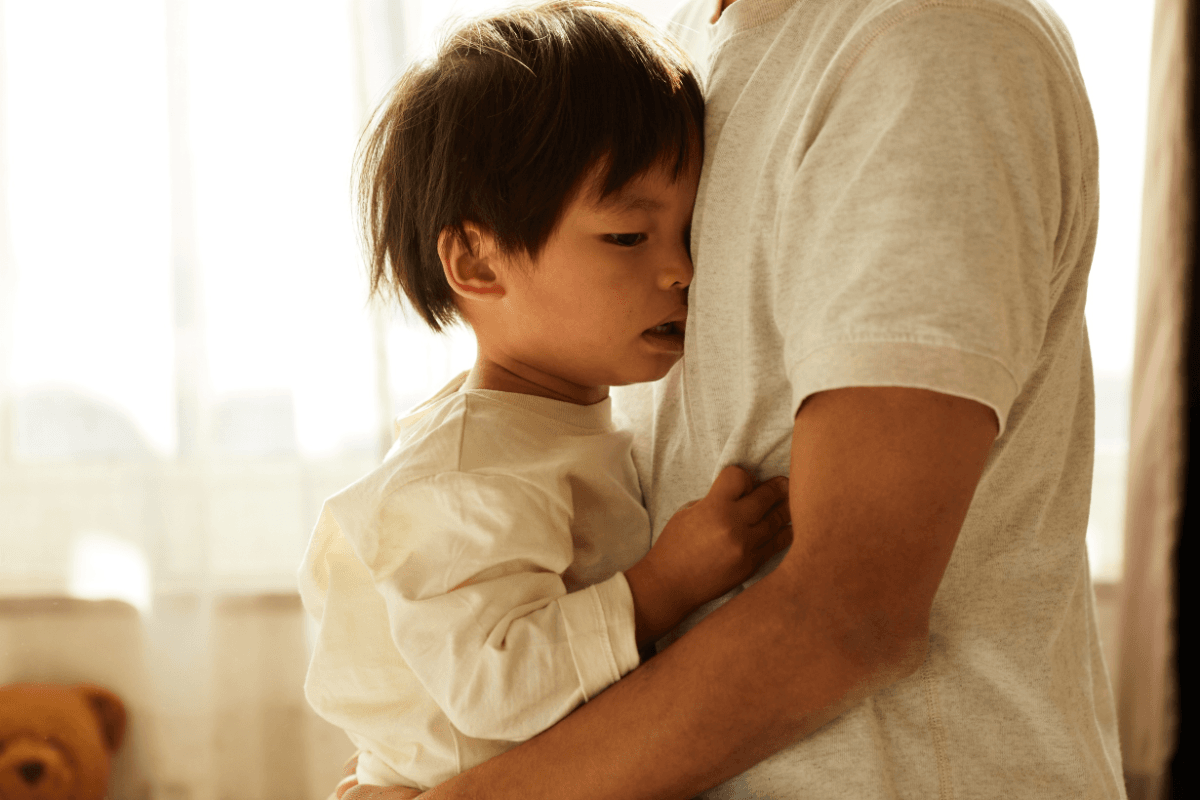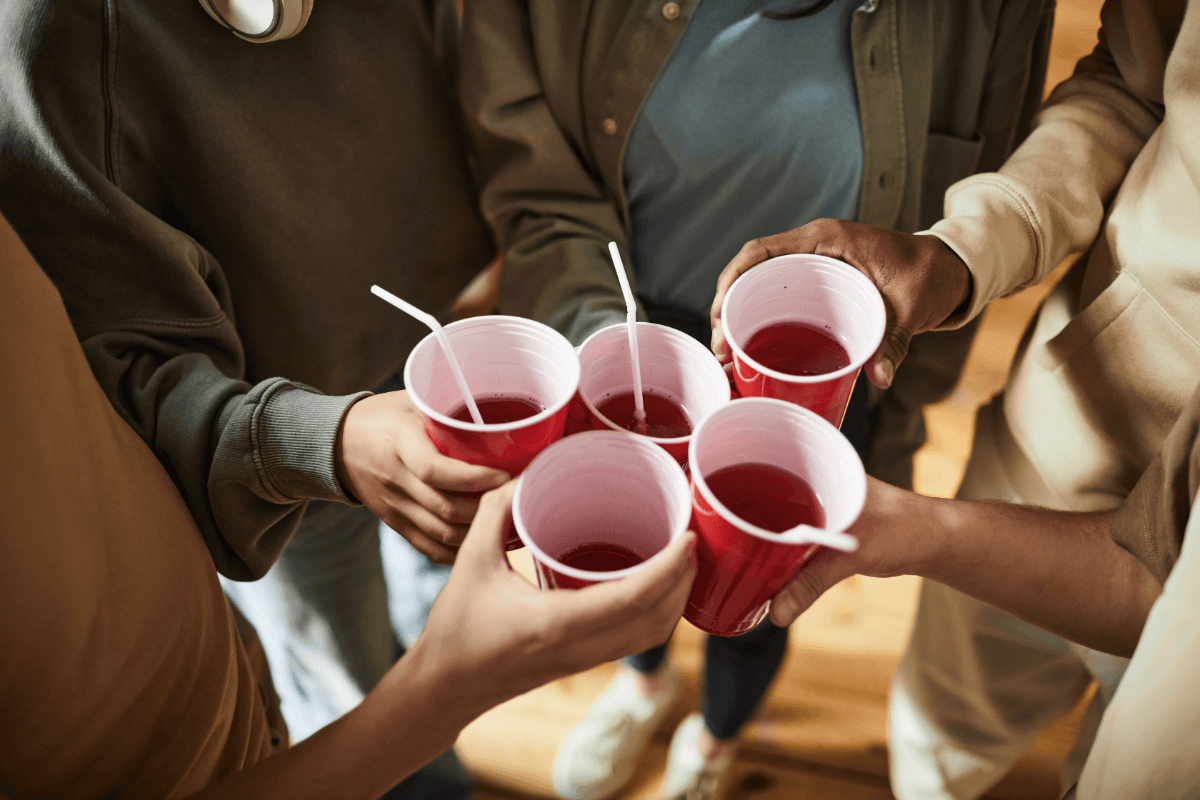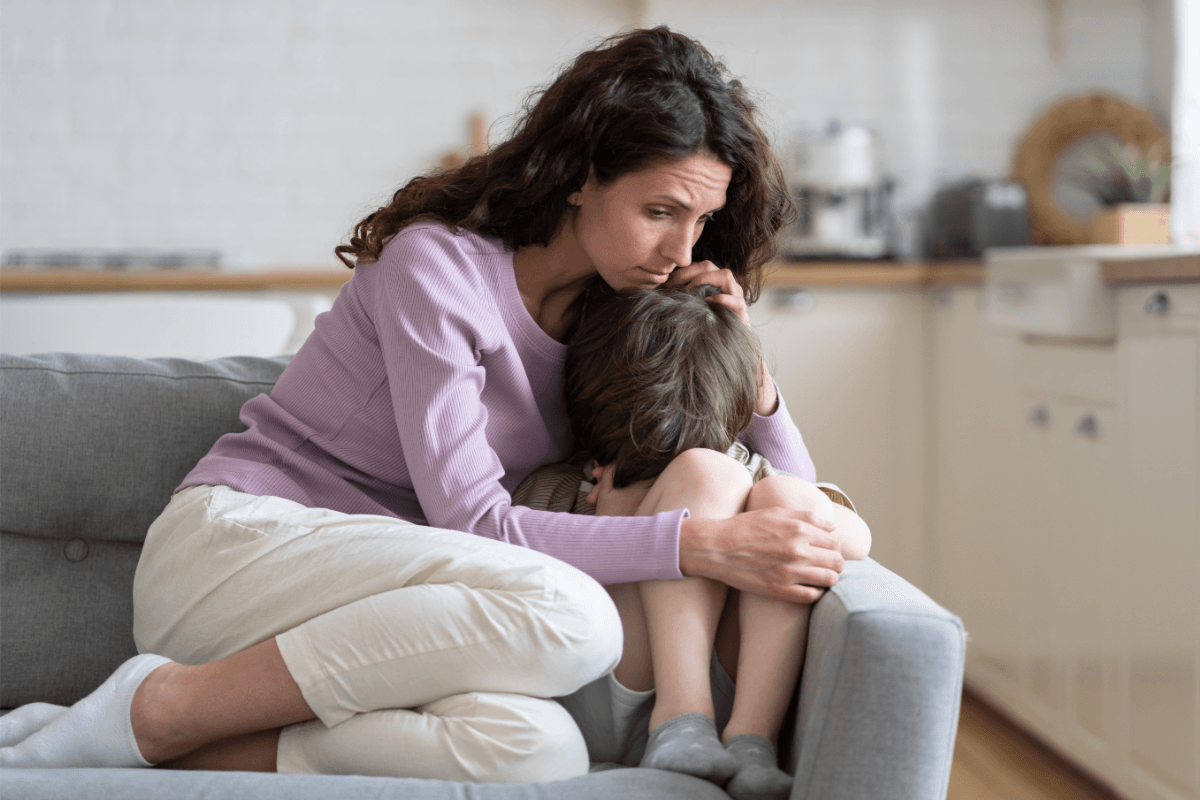Mental health articles, blogs, news and stories

Topics:
Sort:

The 2026 Analogue Movement: Can Reducing Screen Time Support Young People’s Mental Wellbeing?
In 2026, more young people are turning to physical media and analogue activities to reduce screen time. This article explores what the trend means, its mental health benefits, and practical ways to create more and scroll less.

Mindful Holidays: Prioritising Mental Health This Season
Holidays can worsen mental health due to social, financial and emotional pressures. This article explains why many struggle and shares tips to support yourself and others, including boundaries, loneliness, overstimulation and food-related stress.

Augmentative and Alternative Communication Systems: How To Start Using Them
AAC helps people with communication challenges by using tools like signs, symbols, charts, and Makaton. You can weave these into daily routines—morning tasks, meals, play, and outings—using visual aids, choice boards, and signs to reduce stress and support understanding.

Understanding Communication Disorders: Symptoms, Causes, and How to Support Your Child
Children can experience different communication disorders that affect understanding or expressing language. Recognising early signs and offering patient, supportive guidance can help them develop stronger communication skills.

From Overwhelmed to Empowered: Simple Steps to Regain Control and Inner Calm
Burnout is rising among young people, leaving many feeling hopeless, exhausted, and unable to switch off from work. Recognising symptoms, setting boundaries, reconnecting with nature, resting, and seeking support are key steps to recover and reclaim balance.

An Introduction to Specific Learning Difficulties
Specific learning difficulties (SpLDs) affect how people learn and process information without impacting intelligence. Examples include dyslexia, dyscalculia, dyspraxia, dysgraphia, and developmental language disorder. With support like extra time, assistive tools, and awareness, individuals can thrive.

How to Protect Your Mental Health from Bullying, Trolling, and Online Harassment
Cyberbullying harms mental health and can have lasting effects. From creators facing online hate to cases like Star Stone and Tyler Webb, it shows the real danger of digital abuse. Protect yourself by blocking, reporting, speaking up, and prioritising your peace.

Supporting Young Minds Through Family Separation: What Every Parent Should Know
Parental separation can be difficult for young people, affecting their emotions, behaviour, and academics. Open communication, stable routines, reduced conflict, and emotional reassurance help them cope. Parents should seek support and care for themselves too.

When ‘Just Once’ Becomes Addiction: What Caregivers Should Know About Young People and Substance Use
Around 14,352 under-18s received alcohol/drug treatment in 2023-24, a 16% rise. Addiction in youth is growing, fueled by peer pressure and digital culture. Caregivers can help by spotting signs, setting boundaries, and seeking professional support.

Understanding Anger in Young People: Causes, Healthy Coping Strategies, and Family Support
Anger is a natural emotion, not the enemy. Learn why young people feel angry, how to manage it in healthy ways, and how families can offer support through understanding and compassion.

How to Support Grieving Children and Teens: Age-Appropriate Guidance for Caregivers
Grief in young people shows up in many ways like sadness, anger, guilt, or withdrawal. Support means listening, validating feelings, maintaining routines, and offering steady presence, not rushing them to “move on.”

Chatbots vs Therapists: Why Human Connection Matters in Mental Health
Chatbots can offer tips, coping tools, and 24/7 support, but they lack empathy, context, and crisis response. Therapists provide human connection, personalised care, and safety. Apps are best used as companions bt not as replacements for real therapy.

Makaton Matters: The Importance of Makaton and How You Can Use It To Communicate
Makaton is a visual language combining speech, signs, and symbols to support people with communication difficulties. Used worldwide, it aids understanding, expression, and inclusion, helping individuals connect and build confidence.

What is OCD? Symptoms, Myths, and Effective Treatments Explained for Young People
OCD is a mental health condition with intrusive thoughts and compulsive behaviours. This guide explains symptoms, myths, and CBT treatment, helping young people understand and manage the disorder effectively.

GCSEs and A-Levels: Coping with Disappointment and Moving Forward
Results day can be tough, but setbacks don’t define you. Many options exist like resits, apprenticeships, clearing and looking after your mental health is key. Success comes from persistence, as many achievers proved despite early disappointments.

ADHD and Education: How to Support Young People’s Learning
ADHD is a neurodevelopmental condition affecting focus, impulse control, and organisation. It impacts learning, but support from schools and caregivers, like reducing distractions, using timers, and clear communication can help children thrive.

I Tried 4 Popular Self-Care Ideas: Here’s What Helped
Self-care supports mental and physical health. The author tried morning sunlight, social media breaks, yoga, and creative outlets, finding benefits but also challenges. Key lesson: self-care should be personal, flexible, and not feel like a chore.

Misinformation: How Social Media Shapes Youth Mental Health Understanding
Social media can spread mental health awareness but also misinformation, confusing young people. Misinformation can prevent seeking help, increase stigma, or promote harmful behaviours. Think critically, check sources, and set healthy online habits.

Understanding Our Emotions: What The Inside Out Movies Teach Us
Inside Out 2 shows how all emotions, even tough ones like anxiety, sadness, and envy, are essential for well-being. Growing up means learning to embrace and balance them. Mindfulness and self-acceptance help us navigate life’s emotional ups and downs.

Understanding EMDR Therapy: Stages, Benefits, and Readiness
EMDR is a therapy for processing traumatic memories using bilateral stimulation (like eye movements) across 8 stages to reduce distress from PTSD and related issues. It requires readiness and careful planning with a therapist.



